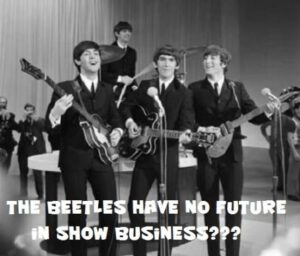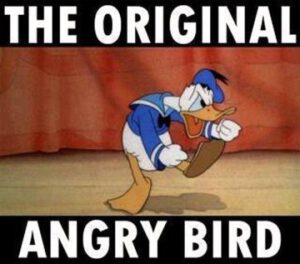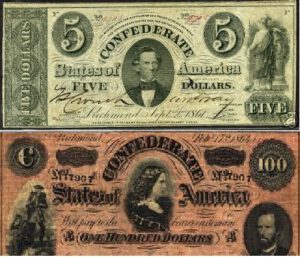
Would you believe that there is a Happy Birthday copyright? We’re of course talking about the song, not the recognized greeting for the birthday person. Furthermore, the song makes the holder of the copyright a hell of a lot of money.
How much does the Happy Birthday copyright earn its owners?
The next time you attend a birthday this fact will most likely jump to mind. The reason is because it is customary to sing the song “Happy Birthday To You” at birthdays, and this particular fact regards that song. The song Happy Birthday To You is actually copyrighted, and makes the owners $5000 a day, or $2 million a year in royalties. But do you want to know something even more disturbing? Even though the song was devised innocently, the copyright can be invoked upon any one of us.
The history surrounding the song dates back to the mid 19th century when two sisters, Patty and Mildred Hill introduced the song “Good Morning to All” in a kindergarten in Kentucky, USA. In 1893 they published the tune in their song book, but their students liked the song so much at birthday parties they replaced the words with Happy Birthday. Now that’s a fairly innocent enough beginning, and there’s obviously no greed involved anywhere. But when there’s the opportunity to make some cash, the worst of people usually surfaces.
In 1935 the song was copyrighted as a work for hire crediting Preston Ware Orem and Mrs. R.R. Forman for the Summy Company, who were the publishers of “Good Morning to All”. In 1989 the rights were sold to Time Warner, and in 2004 Warner Music Group was sold to a group of investors (who doesn’t love investors? Look what they done during the GFC). Warner insists that it must be paid royalties if the song is sung on television, radio, anywhere open to the public, or even in a group where a large number of people attending are not family or friends. Now, correct me if I’m wrong, but isn’t that taking the copyright of Happy Birthday to you a little too far?
Well, the greed did backfire a little on Time Warner. The demands for royalties is the reason that it is rare to hear the lyrics in any form of media. In place of the normal song is the customary cheer for the birthday person.







